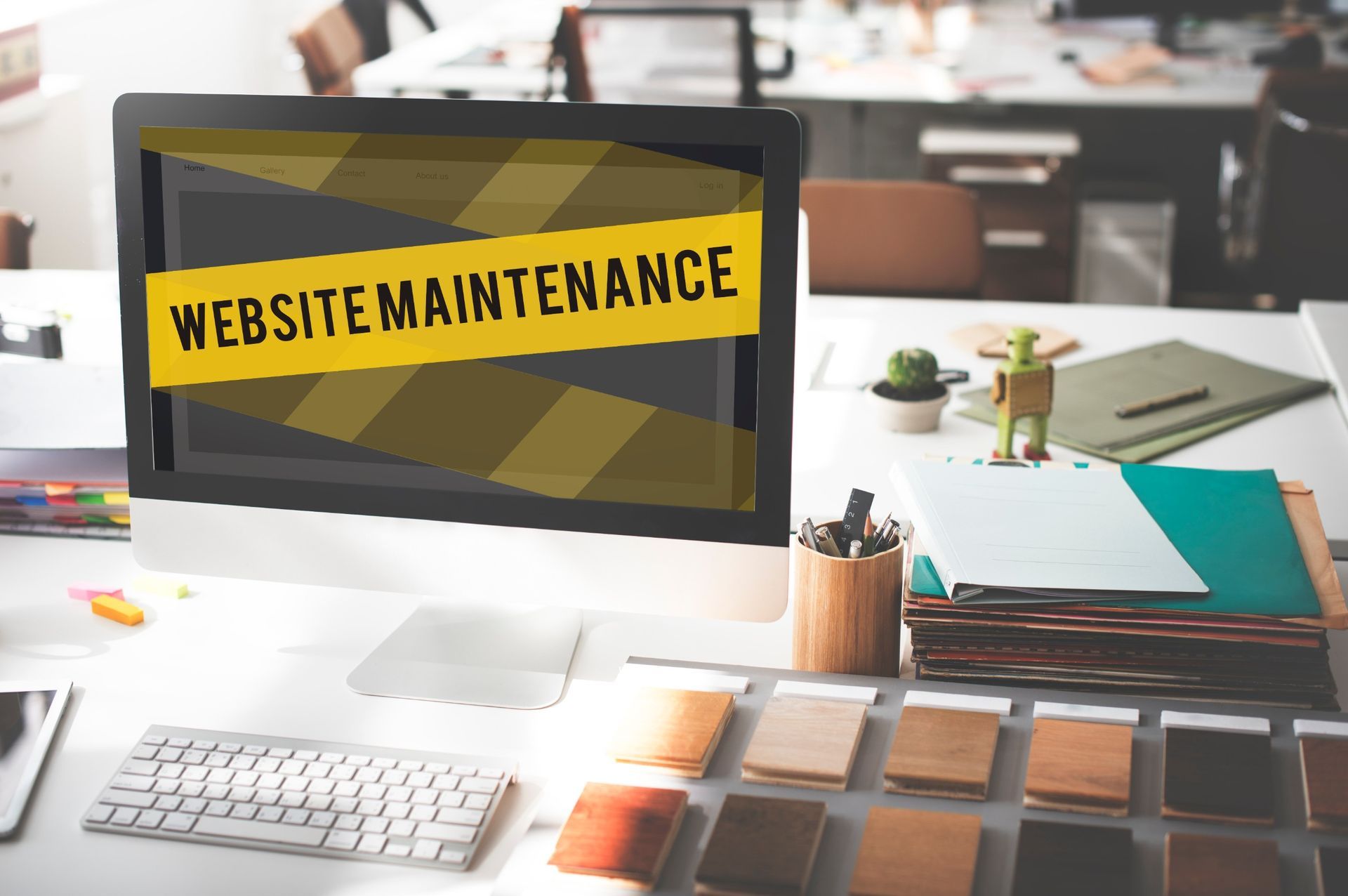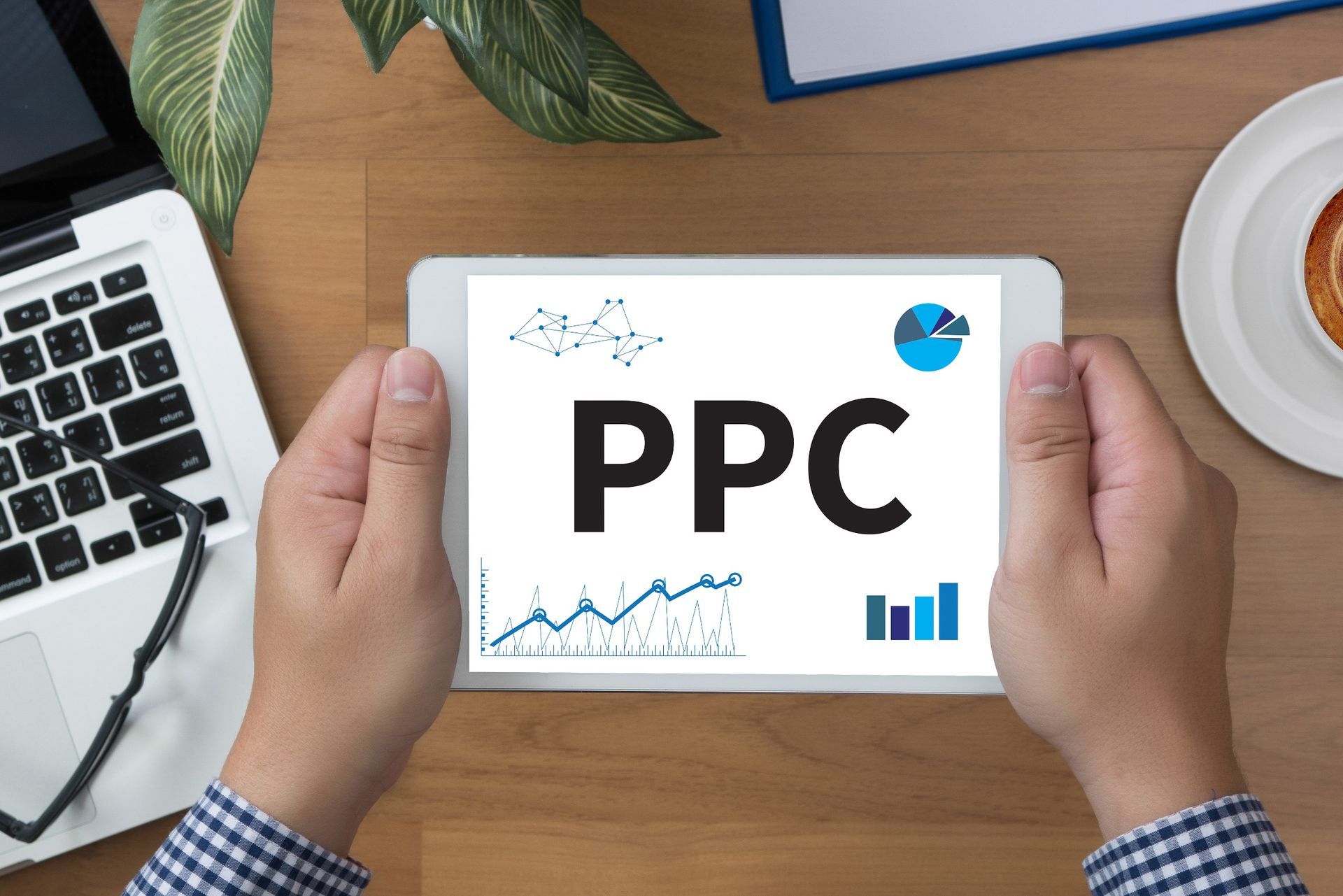5 Essential Page Optimizations for Local Organic SEO
Mastering local organic SEO is a critical for businesses aiming to claim their spot on the local search landscape. Whether you run a small café, a boutique, or provide a service, being visible to your local audience can drastically impact your bottom line.
But where do you start? The answer lies in strategically optimizing your website's pages to effectively capture and engage this audience.
This blog post is dedicated to uncovering the top 5 essential page optimizations that are crucial for improving your local organic search presence. Get ready to unlock the potential of local SEO and elevate your business to new heights.
Understanding the Value of Local Organic SEO
Local organic SEO is about tailoring your online presence to rank higher in search results for local queries. It's the process of optimizing your website so that people in your area can easily find you when searching for relevant products or services.
This is particularly beneficial for brick-and-mortar businesses aiming to drive foot traffic or local services. By focusing on local SEO, you can connect with a highly targeted segment of the market.
The 5 Essential Page Optimizations
Strategic page optimizations can significantly improve your site's local search rankings. Here, we'll explore these techniques to guide you on how to effectively implement them on your website.
1. Optimize Your Google Business Profile
Optimizing your Google Business Profile is the first and perhaps the most impactful step toward local SEO success. This free listing allows your business to show up in Google Maps and local search results, where potential customers are looking for products or services like yours.
The process involves claiming and verifying your business on Google.
Focus on providing comprehensive and precise business details, including your business name, address, phone number, and hours of operation. Additionally, adding high-quality photos, responding to reviews, and posting regular updates about your business can enhance your visibility and attractiveness to potential customers.
This not only improves your chances of ranking higher in local search results but also builds trust with your audience by offering them a glimpse into your business.
2. Local Keywords Optimization
Optimizing for local keywords is a core strategy in achieving prominence in local search results. It involves incorporating words or phrases that potential customers in your area are likely to use when searching for products or services similar to yours.
This could include the name of your city, neighborhood, or specific local landmarks along with your main offerings.
Start by conducting thorough keyword research to identify relevant local search terms. Tools like Google Keyword Planner or SEMrush can provide insights into the search volume and competition for these keywords.
Once you have a list, strategically incorporate these terms into your website's content, including titles, meta descriptions, headers, and body text.
Remember, the goal is to appear as naturally as possible. Overstuffing your content with keywords can negatively impact your rankings.
Instead, focus on creating useful, informative content that addresses the needs and questions of your local audience while seamlessly integrating your target keywords. This approach not only improves your SEO efforts but also enhances the user experience.
3. Enhancing User Experience
Enhancing the user experience (UX) on your website is crucial for both retaining visitors and improving your local organic SEO rankings. A positive UX keeps users engaged longer, reduces bounce rates, and encourages repeat visits.
To optimize UX, ensure your website is mobile-friendly. Google's Mobile-Friendly Test can help you assess your site's mobile usability.
Additionally, improve site speed by optimizing images, leveraging browser caching, and minifying CSS and JavaScript files. Navigation is another critical aspect; a well-structured, intuitive site layout allows visitors to easily find information, enhancing their overall experience.
Lastly, make sure your website is accessible to all users. This can involve adding alt attributes to images, ensuring your site is navigable via keyboard commands, and other web accessibility best practices.
By focusing on these elements, you cater to a wider audience and signal to search engines that your site provides a valuable and inclusive user experience.
4. Localized Content Creation
Creating localized content helps improves your local SEO efforts. This involves drafting content that speaks directly to your local audience's interests and needs.
You can achieve this by publishing blog posts, articles, or videos that address local issues, events, or topics relevant to your business and community.
For instance, if you own a restaurant, you might share posts about local ingredients, recipes, or food events.
Another effective approach is to highlight customer stories or case studies that show your involvement and impact in the local area.
This type of content significantly boosts your visibility in local search results. Search engines favor content that provides value and relevance to users.
Plus, localized content increases the likelihood of being shared within the community. The goal is to blend local focus with your business's offerings, creating a natural and impactful connection with your audience.
5. Optimizing for Local Reviews
Optimizing for local reviews is indispensable for boosting your local SEO. Reviews on platforms like Google, Yelp, and TripAdvisor enhance your visibility and play a critical role in influencing potential customers’ decisions.
Positive reviews can significantly elevate your business's credibility and attract more customers, while negative reviews offer valuable feedback for improvement.
Encourage satisfied customers to leave positive reviews by making the process as straightforward as possible. This could involve sending follow-up emails after a purchase or service, providing links to your review profiles, or even displaying in-store signage with QR codes leading directly to your review platforms.
Respond to both positive and negative reviews promptly and professionally.
By actively managing your reviews, you signal to search engines that your business is trustworthy and relevant. Furthermore, leveraging reviews in your marketing strategy can create a strong word-of-mouth effect that drives additional local traffic to your business.
Implementing These Optimizations Effectively
Implementing these optimizations requires attention to detail and an ongoing commitment. Here are a few tips to keep you on track:
- Consistently monitor your GMB profile for accuracy.
- Use tools like Google Keyword Planner to research local keywords.
- Conduct regular website audits to ensure it is mobile-friendly and loads quickly.
- Engage with your local community online and offline to generate content ideas.
- Develop a strategy for encouraging reviews and managing online reputation.
The Long-Term Benefits
The benefits of implementing these essential page optimizations are manifold. Over time, you'll likely see an increase in website traffic, enhanced local search visibility, and improved engagement rates.
These enhancements not only contribute to a better online presence but can significantly boost in-store visits and sales.
In Conclusion
Optimizing your website for local organic SEO is a continual process. By focusing on the strategies outlined above, you can improve your visibility in local searches, connect with your community, and drive meaningful engagement.
Remember, the goal is to make it easy for your local customers to find and choose your business online.
It's time to take action and start implementing these strategies. With dedication and consistency, your small business can achieve notable improvements in local search rankings and overall online success.











